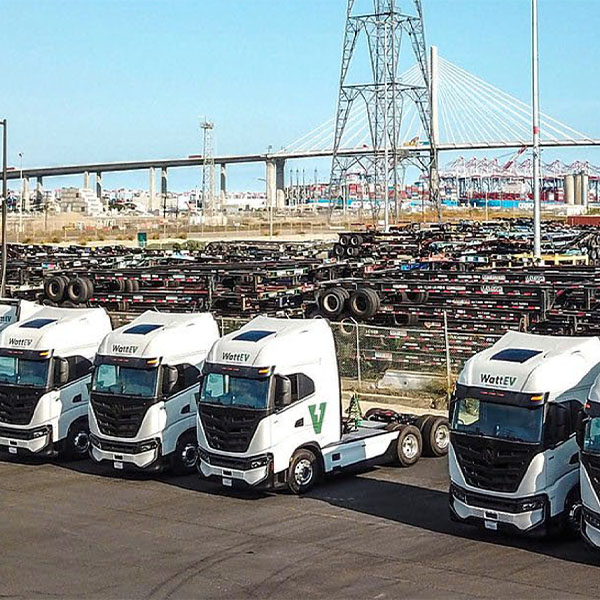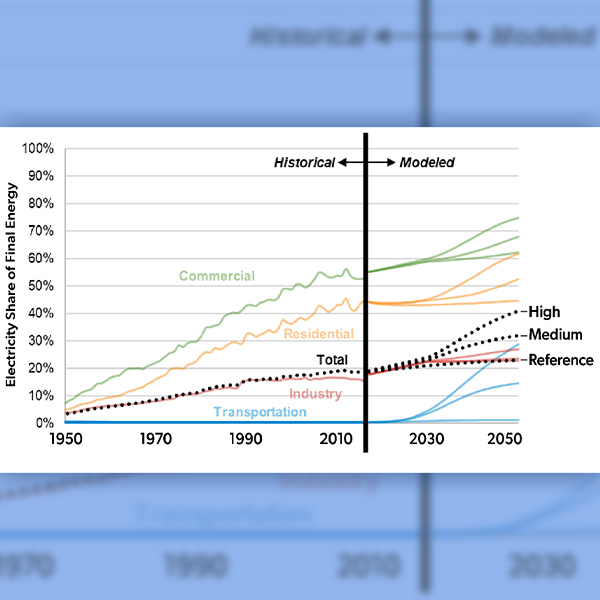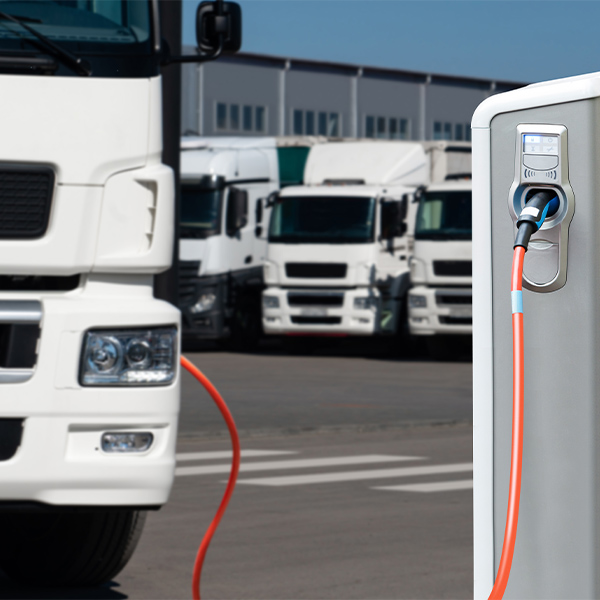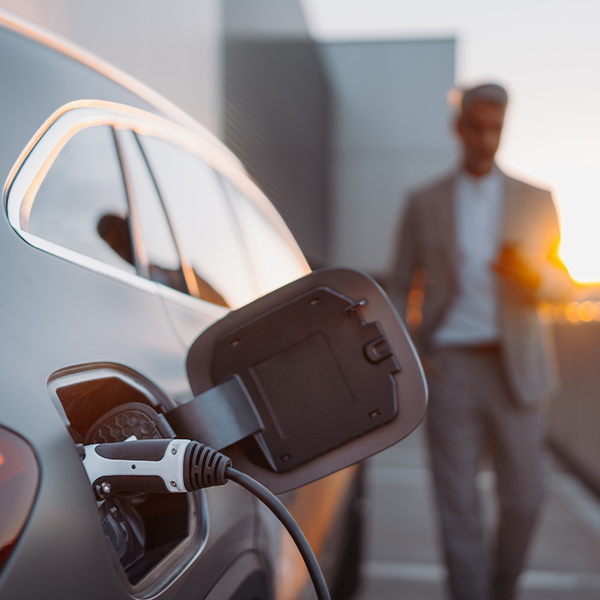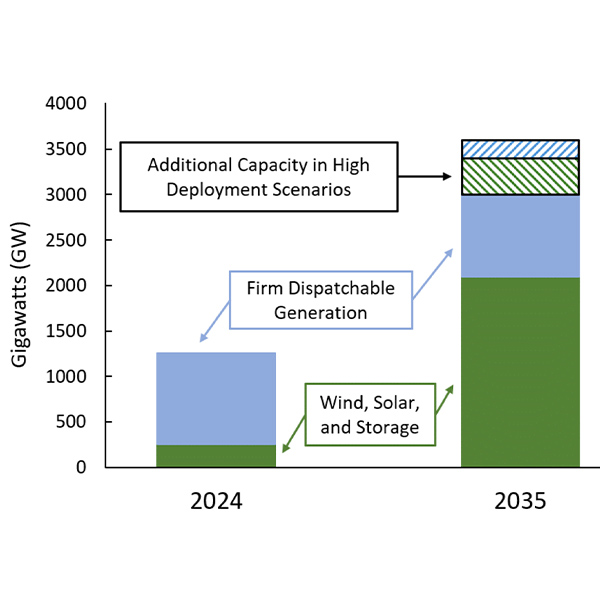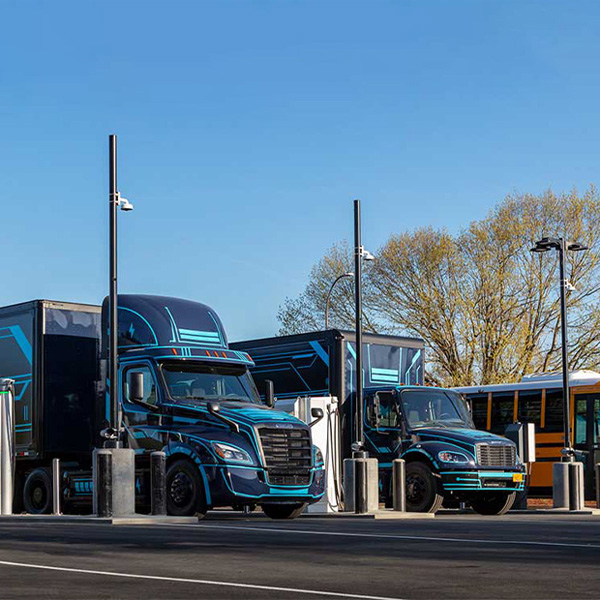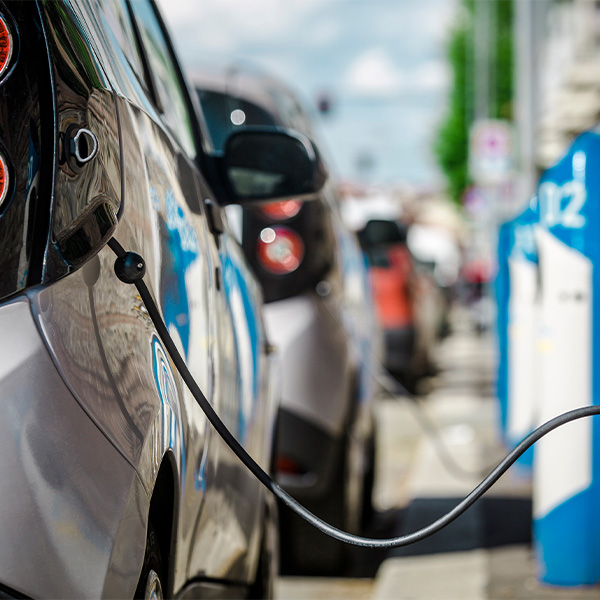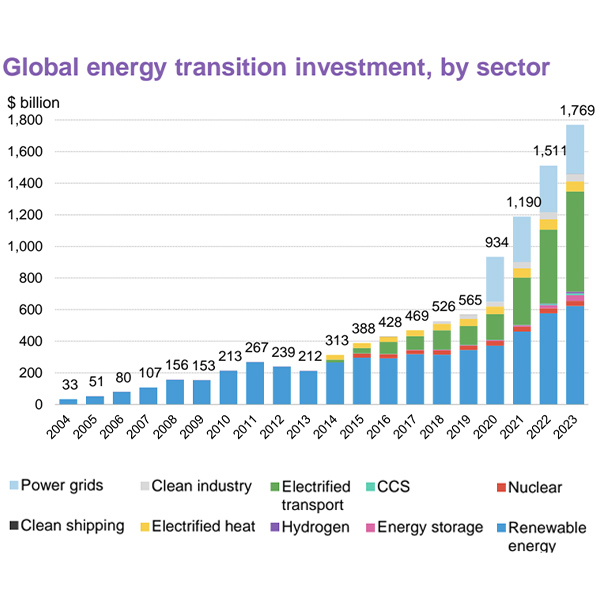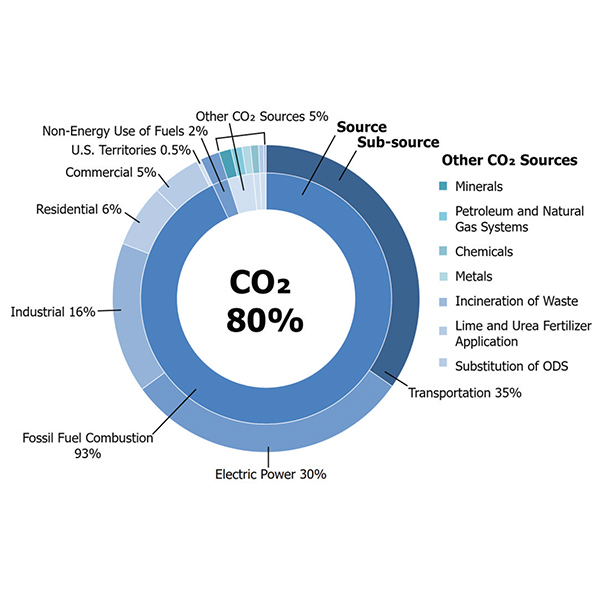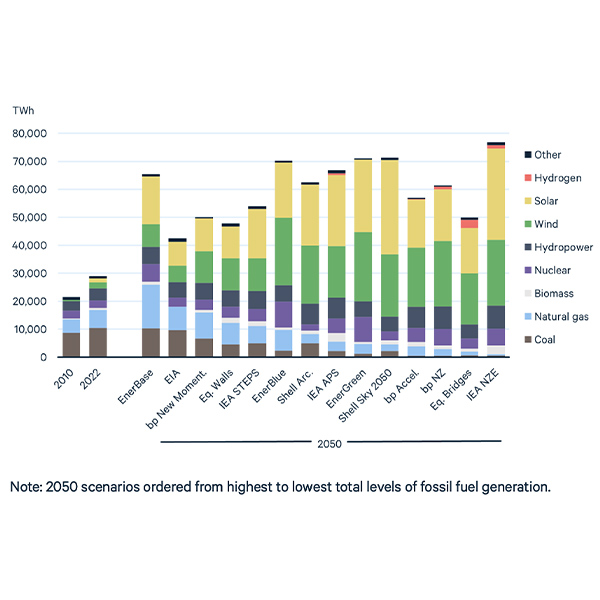Transportation Decarbonization
Airplane DecarbonizationEV chargersHeavy-duty vehiclesBattery Electric Buses (BEB)Fuel Cell Electric Buses (FCEB)Light-duty vehiclesBattery Electric VehiclesFuel Cell VehiclesPlug-in hybrid electric vehiclesShip electrificationClean Ports
Environmental groups are urging the California Energy Commission to use the state’s remaining $233 million in NEVI funds to build chargers for the surge of electric trucks expected in the next decade.
Serving new demand from medium- and heavy-duty vehicle electrification will require grid upgrades but could lower utility rates, Advanced Energy United said.
According to Kelley Blue Book, the slow-down in EV sales could be a sign that "EVs are almost mainstream cars in parts of the country. Segment growth typically slows as volume increases."
Streamlining and accelerating permitting is just one of the potential uses DOE envisions for AI to accelerate the U.S. power system’s transition to 100% clean energy and the modern, efficient, secure grid needed to reach that goal by 2035.
EPA announced nearly $1 billion in grants from the Inflation Reduction Act to help cities, states, territories and school districts trade in their diesel-burning heavy-duty trucks and buses for new zero-emission vehicles.
The state of Washington announced it will offer financial aid for residents of modest income wanting to buy or lease electric vehicles.
Global investment in passenger electric vehicles was up 36% in 2023, investment in energy storage jumped 77%, and investment in carbon capture and storage nearly doubled.
The topline figures from EPA’s new inventory of U.S. greenhouse gas emissions from 1990 to 2022 show the country’s slow and uneven progress toward President Joe Biden’s goal of cutting emissions by 50 to 52% below 2005 levels by 2030.
Many recent projections for energy use have fossil fuel use plateauing after 2030, when it needs to rapidly decline to meet midcentury carbon targets, Resources for the Future said.
Want more? Advanced Search
